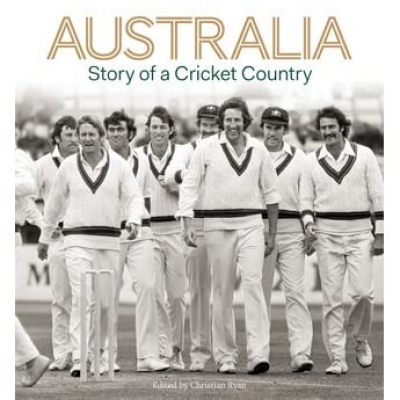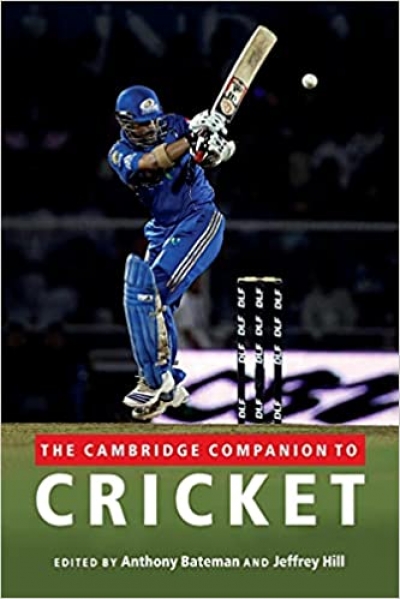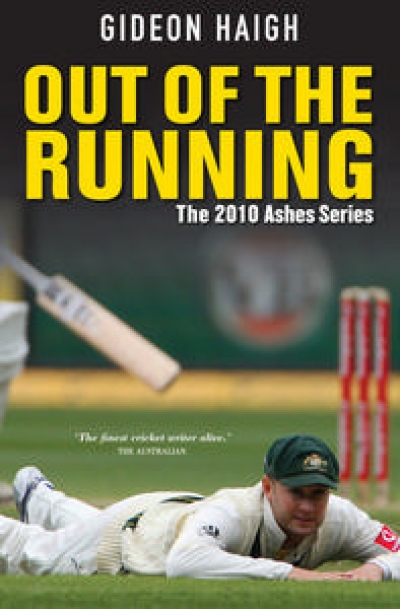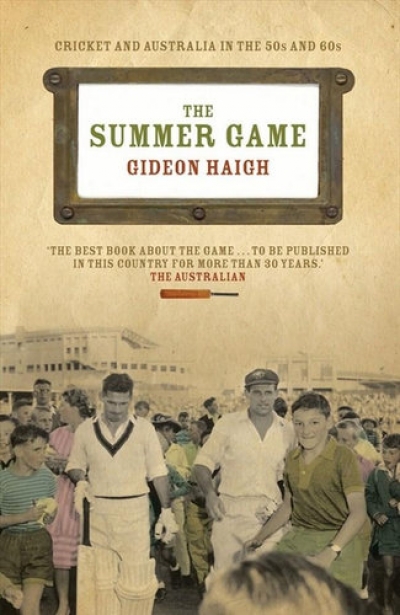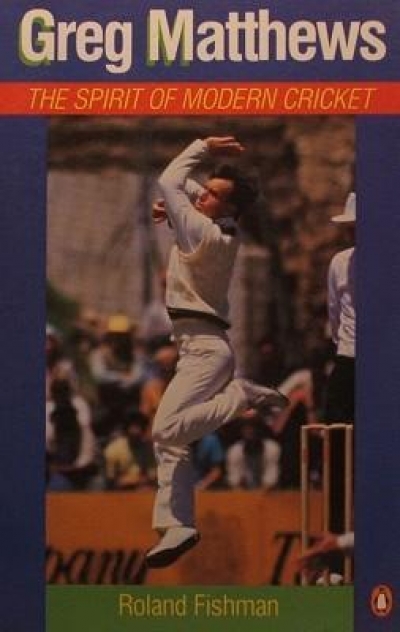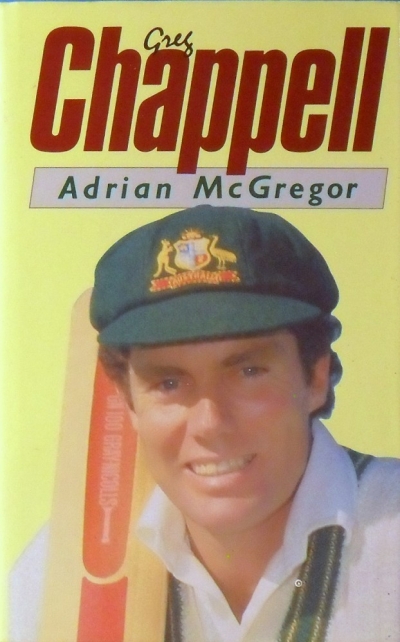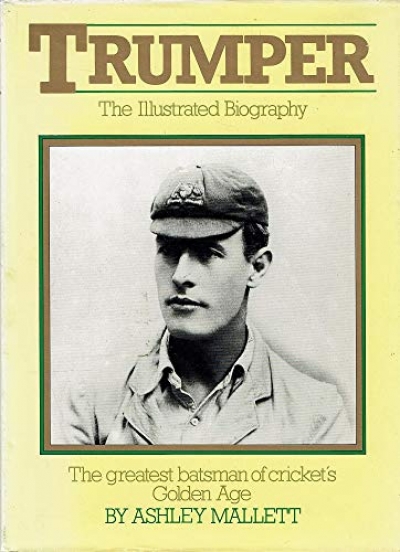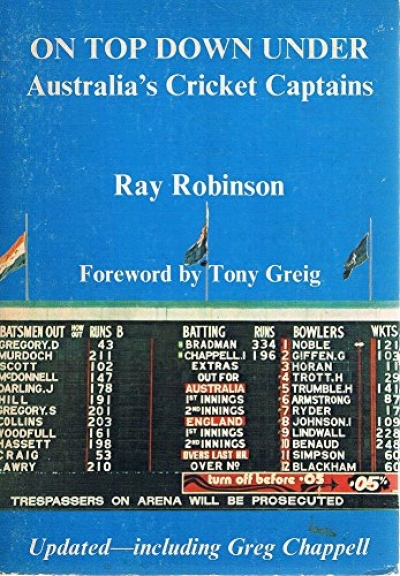Cricket
Australia: Story of a Cricket Country edited by Christian Ryan
by Bernard Whimpress •
The Cambridge Companion to Cricket by Anthony Bateman and Jeffrey Hill
by Bernard Whimpress •
Out of the Running: The 2010–11 Ashes series by Gideon Haigh
by Bernard Whimpress •
The Summer Game: Australian Test Cricket 1949–1971 by Gideon Haigh
by Laurie Clancy •
Greg Matthews: The Spirit of Modern Cricket by Roland Fishman
by Barry Andrews •
Trumper: The illustrated biography by Ashley Mallett
by Eric Lord •

